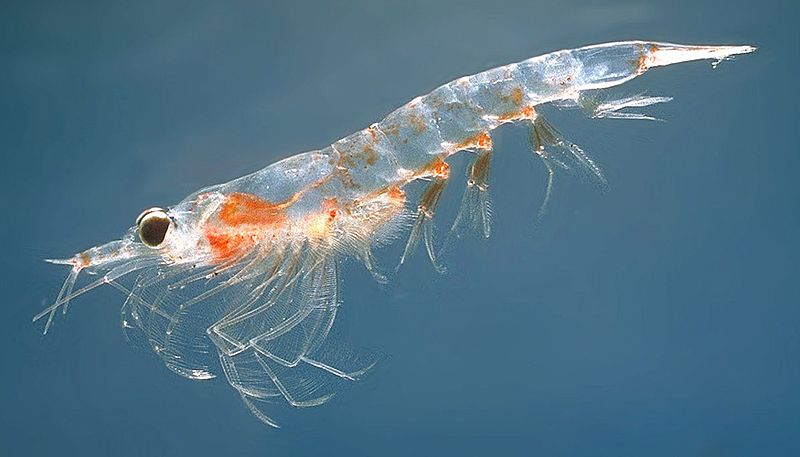Green - Krill Companies To Quit Antarctic
The five major krill fishing firms responsible for 85 percent of krill fishing in Antarctic waters announced a "voluntarily permanent stop" to their operations in key areas.
The five companies from Norway, Chile, South Korea, and China make up the Association of Responsible Krill Harvesting (ARK). They are also throwing their support behind a planned network of marine protected areas (MPAs) throughout the Southern Ocean, including in places where they currently operate.
"Our members agree that the industry must develop sustainably to ensure long-term viability of the krill stocks and the predators that depend on it," ARK said in a statement. "Today, we are moving forward with a pioneer initiative, implementing voluntary restricted zones for the krill fishery in the Antarctic Peninsula."

Krill are small crustaceans that the companies harvest for food for fish farms, and increasingly for the nutritional supplement krill oil which is rich in Omega 3 fatty acids. But krill play a key part in the delicate Antarctic food chain. They feed on marine algae and in turn become a key source of food for whales, penguins, and seals. Industrial-scale fishing operations have taken a toll on krill's overall poulation.
"The momentum for protection of the Antarctic's waters and wildlife is snowballing," said Frida Bengtsson, of Greenpeace's Protect the Antarctic campaign. "This is a bold and progressive move from these krill fishing companies, and we hope to see the remainder of the krill industry follow suit."
It is hoped that governments will follow the fishers' lead when representatives meet in Hobart in October. Delegates will consider a German-backed plan to protect the Weddell Sea, which extends from the southeast of South America over some 2.8 million square kilometres.







 Create PDF
Create PDF Print
Print Email to friend
Email to friend